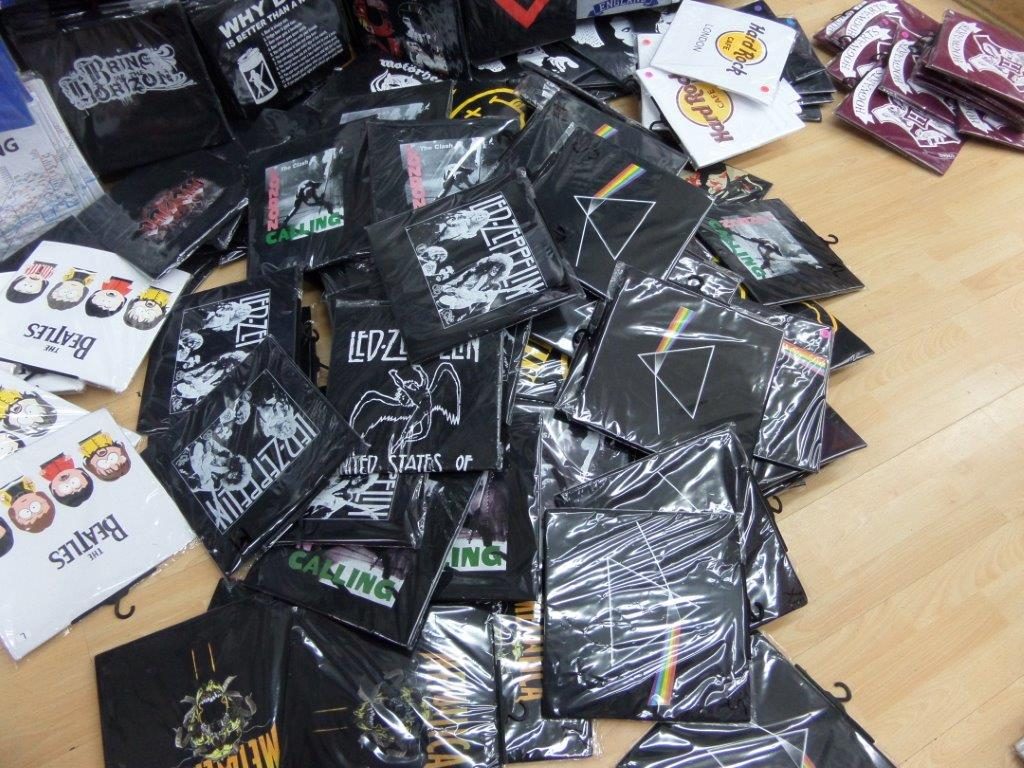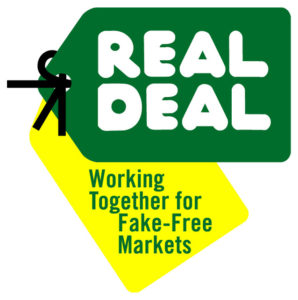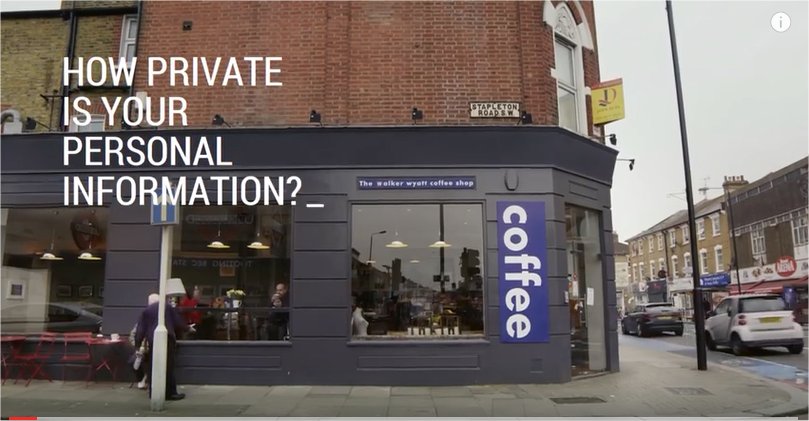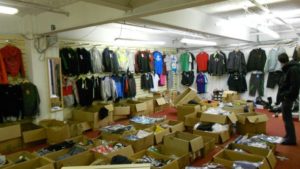Shaping international action against evolving threats to intellectual property is the focus of the 10th International Law Enforcement Intellectual Property (IP) Crime Conference in London.
Globally recognized as the leading IP law enforcement conference of its kind, the event brings together some 500 senior police leaders, government officials, and security and industry experts from more than 100 countries. They will seek to further strengthen partnerships and best practices against IP crime, and review emerging crime trends in areas such as 3D printing.
The two-day conference (19 and 20 September) is co-hosted by INTERPOL and the City of London Police, in partnership with UL (Underwriters Laboratories).
“The global response to Intellectual Property Crime has come a long way in the last ten years, as has the global partnership work to disrupt criminality. The key to this is through the cyber disruption we coordinate with our industry partners, with the support of the Intellectual Property Office, INTERPOL, EUROPOL and overseas enforcement colleagues,” said Ian Dyson, Commissioner of the City of London Police.
“Preventing harm to consumers from potentially dangerous counterfeit goods and preventing livelihoods supported by industries affected by IP crime will remain a primary focus for us over the next decade, as we adapt our expertise in tackling every new challenge on the horizon,” added Commissioner Dyson.
INTERPOL’s Executive Director of Police Services, Tim Morris, said that since the creation of INTERPOL’s IP crime unit in 2003, its activities undertaken worldwide with partners had led to seizures valued at more than USD 500 million, and the training of thousands of law enforcement officers.
“One challenge that has remained over the years is that the demand for counterfeit or pirated goods remains widespread, due in part to consumer perception that IP crime is a ‘victimless’ crime, when the opposite is true, as testified sadly by the many victims of counterfeit cough mixtures, alcohol or electric goods,” said Mr Morris.
With IP crime fueling insecurity, impacting health safety and preventing economic growth, Mr Morris said that INTERPOL was streamlining its global efforts against rapidly evolving IP and pharmaceutical crime under its new Illicit Goods and Global Health Programme.
“This event has developed into a vital platform gathering public and private sector organizations to share best practices, develop new tools and create stronger partnerships to advance our common purpose of combatting transnational organized IP crime, promoting safety worldwide and developing joint initiatives,” said Keith Williams, President and CEO, UL.
Earlier this year a joint INTERPOL-Europol operation which also involved regulatory authorities saw the largest-ever seizures of fake food and drink in a bid to protect public health and safety and disrupt the organized crime networks behind the trafficking in fake goods.
Operation Opson V led to the seizure of more than 10,000 tonnes and one million litres of hazardous fake food and drinks across 57 countries.
“For our common response to remain relevant as transnational organized crime evolves, it must also tackle the links between this crime and others – such as human trafficking, drugs, terrorism and cybercrime, and build our capacity to address it,” said Michael Ellis, head of INTERPOL’s Trafficking in Illicit Goods unit.
In this respect, the last decade has also seen the successful development of the International IP Crime Investigators College (IIPCIC), an INTERPOL Initiative undertaken jointly with UL University.
The online training platform has evolved into a highly recognized learning tool for law enforcement globally, accessed by 12,000 users from more than 140 countries. INTERPOL plans to further evolve IIPCIC into a broader consortium of partners from academia, police and private sector, expanding especially in China with support from its Ministry of Public Security and China Police colleges.









